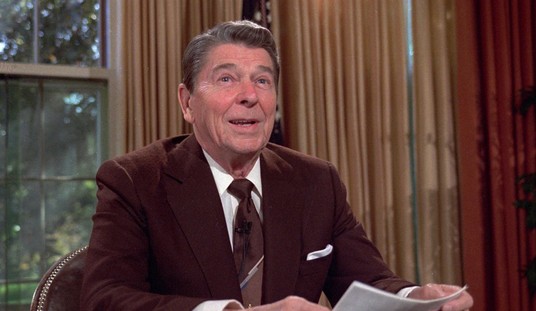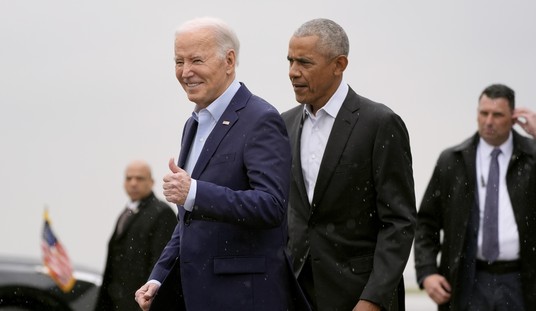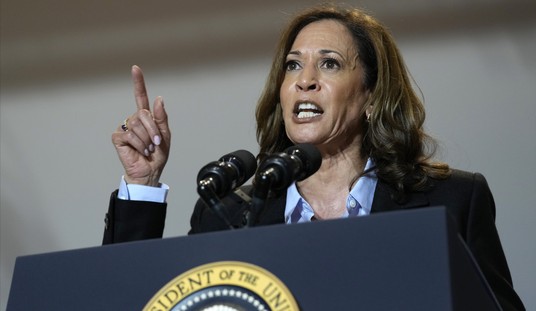In recent weeks, Rep. Darrell Issa — chairman of the House Committee on Oversight and Government Reform — has held hearings regarding unions forcing members to contribute to political causes which they do not support.
Today, Issa issued six letters — addressed to the Federal Election Commission, the National Labor Relations Board, the Alabama Education Association, the National Education Association, the Service Employees International Union, and the United Auto Workers — demanding to know why union members are denied a say in how their dues are spent on political campaigns.
In the letter to UAW, Issa recounts the story of Terry Bowman:
A “proud” UAW Local 898 member testified that he has “heard the stories of hundreds of union workers who are … tired and fed up with the political activities of their union.” Mr. Bowman is also the founder of Union Conservatives, a group that boasts over 1,000 members and exists to “provid[e] liberty to union members who have differing political views than their union leadership.” Indeed, a 2010 survey found that 69 percent of private and public union workers think that union leaders should stop spending union dues on politics, and 66 percent believe that it is unreasonable that such spending can occur without their consent.
Per the Supreme Court decision Communications Workers v. Beck, dues-paying non-members — workers who have chosen not to join the union but must pay “agency fees” so that they are not “free riding” on the union’s collective bargaining — in effect pay union dues. However, as PJM reported recently, federal law prohibits the use of agency fees to support political candidates and causes to which the non-member objects. Further, the law requires the portion of their fees spent on the political support to be refunded upon demand.
However, workers with Beck rights claim getting this refund is a near-impossible task. In the letter to the NEA, Issa notes the case of teacher Claire Waites:
Claire Waites, an eighth grade science teacher and a “member in good standing” of the Alabama Education Association (AEA), testified that she was forced to make contributions to the union’s political action committees (PACs). As a delegate to the National Education Association (NEA) Convention, Ms. Waites explained that in 2004 she was told by local Baldwin County leadership that a contribution to the NEA’s “Children’s Fund” was “nonnegotiable,” and at the 2008 NEA Convention, a contribution was allegedly made in her name with travel money. After Ms. Waites learned about the 2008 contribution to the “Children’s Fund,” and that it was a PAC, she strongly objected to it. She attempted to retrieve the travel funds that had gone to the “Children’s Fund” from AEA leadership, but was informed that was not possible. Ms. Waites also testified that the AEA automatically deducted funds from her paycheck to support AEA’s “A VOTE” PAC without her permission. It was not until she inquired about the deduction that she learned that the “fine print” of the AEA application instructs that she must opt-out, in writing, to stop the deduction.
Issa is demanding documents from the NLRB and the FEC, and is requesting written answers to several questions from the UAW, SEIU, NEA, and AEA. He wants to know how the unions notifiy workers of their Beck rights, why the UAW requires that Beck objections be renewed each year, and if the workers have complained about the annual renewals.
Additionally, Issa wants to know if unions take steps to help ensure that union workers who exercise their Beck rights do not face ridicule and harassment. Issa also asks if the unions notify workers about how much money is spent on non-representational activities, how the unions determine what expenditures are non-representational and therefore should be excluded from the agency fee, and what activities they consider non-representational.
Further, Issa asks if the unions account for differences in non-representational spending in election years versus non-election years.
Issa specifically questions union spending on clear left-wing causes — such as the One Nation Working Together rally on October 2, 2010, in Washington, D.C., or spending supporting the Occupy movement — and how those expenditures qualify as representational activity.
Issa is also demanding that unions answer whether or not they allow all union workers to object to non-representational activities, or if only agency fee-payers are permitted to object. If the objections are limited, Issa asks if the unions support extending the right to object to all members.
He further requested information on Beck complaints from the NLRB and information about an investigation of Waite’s complaints by FEC.
Issa also announced the launch of a “crowdsourcing” website — ProtectingOurWorkers.com – to seek more stories of union abuse regarding political campaigns.









Join the conversation as a VIP Member